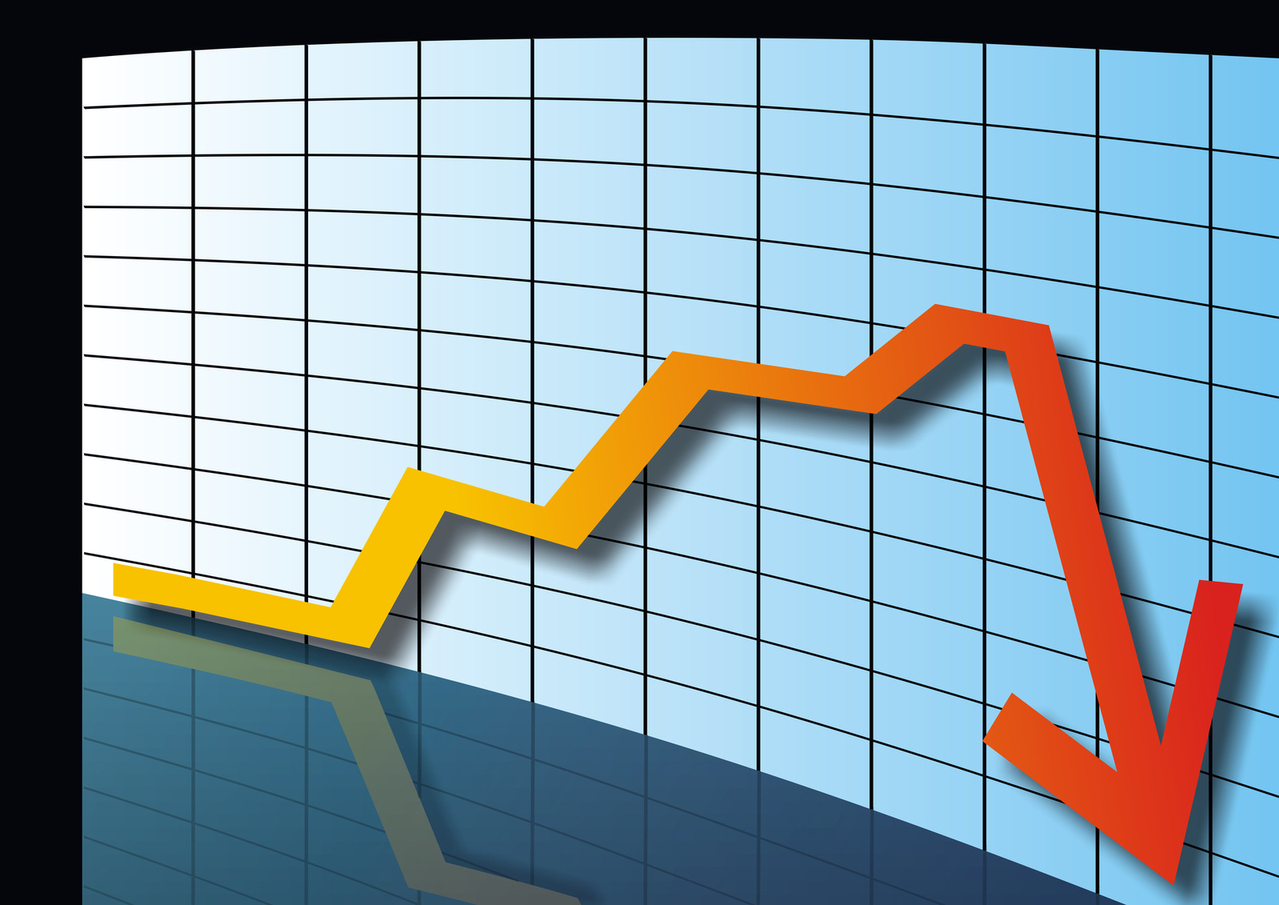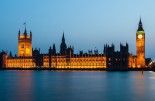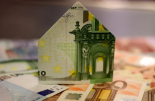Schroders stelt groeiverwachting neerwaarts bij vanwege coronavirus
Schroders stelt groeiverwachting neerwaarts bij vanwege coronavirus

Het Schroders Economics Team heeft haar wereldwijde groeiverwachtingen naar beneden bijgesteld omdat het coronavirus de heropleving van de wereldeconomie dreigt te ontsporen:
- Als reactie op de verspreiding van het virus verlaagt Schroders haar wereldwijde groeiverwachting voor 2020 van 2,6% naar 2,3%.
- Een dergelijk resultaat zou het zwakste zijn sinds 2009, het hoogtepunt van de wereldwijde financiële crisis.
Keith Wade, hoofdeconoom van Schroders stelt: "The coronavirus casts a dark shadow over the world economy by threatening to derail the revival in growth which began in the latter part of 2019. Economic indicators up to January continued to show a steady improvement in activity with business surveys signalling rising output and orders. However, confidence in the sustainability of the upswing has been undermined by the spread of the virus which has hit China hard and now threatens the rest of Asia and Europe.
In response, Schroders Economics Team is downgrading its global growth forecast for 2020 from 2.6% to 2.3%. Such an outcome would make this year the weakest since 2009, the height of the global financial crisis. The impact is concentrated in the first half of the year as the fall in demand and disruption to supply chains takes its toll on activity. Italy and Japan are likely to be in recession whilst output in the US, which is also affected by the problems at Boeing, is expected to have stalled in the first quarter.
Thereafter, assuming the virus is brought under control, activity is expected to gradually improve in the second quarter and rebound more vigorously as firms start to catch up with the backlog of orders. The bounce-back will be supported by easier policy as central banks in the US, China and the Eurozone cut rates and we see more use of fiscal policy in China.
The considerable uncertainty around the virus means that we have introduced a new scenario – coronavirus pandemic – to capture a worst case where the virus spreads around the world causing a major dislocation in economic activity."
The spread of coronavirus, COVID-19, beyond China has created fresh uncertainty for the global growth outlook and sparked volatility in financial markets.Outbreaks in South Korea, Iran and Italy have raised concerns that the spread outside of China may be accelerating. We offer key facts on the spread of the virus, interspersed with views from senior Schroders economists and fund managers.
Op de beslissing van de Fed om de rente te verlagen, voegt Wade eraan toe: “Business surveys do point to slower activity as a result of weaker demand from China and supply chain issues, however there has not been a collapse in US activity. Meanwhile, the number of cases remains low. Certainly things can get worse and we expect activity to be flat in Q1, but we had expected more confirmation of this before the Fed acted. By making a move now the Fed are signalling that they will support the economy come what may.”
Johanna Kyrklund, Group Chief Investment Officer en Global Head Multi-Asset Investments stelt: "At the very least, efforts to contain the virus will short-circuit the nascent recovery we were seeing in the data and so we continue to avoid cyclical areas of the equity market and commodities.
We are likely to see a response from central banks shortly, which should help to stabilise sentiment. Importantly, we don’t believe that lower interest rates will re-ignite the economic recovery but they do have an important effect on valuations and support a continuation of liquidity-fuelled equity returns. However, this is not a time for risk-taking; we need to see evidence of a peak in infection rates or more information on the economic damage in the form of corporate earnings announcements or economic data before we can wade back into risk assets.
Our government bond positions are now very expensive. We have lightened up on our rates exposure but still believe that bonds are a “seat belt” on our portfolios in case ongoing economic disruption caused by attempts to contain the coronavirus tip us into a global recession. We continue to favour the Japanese yen as a safe haven.”










